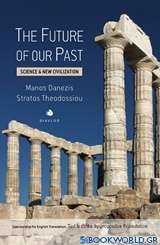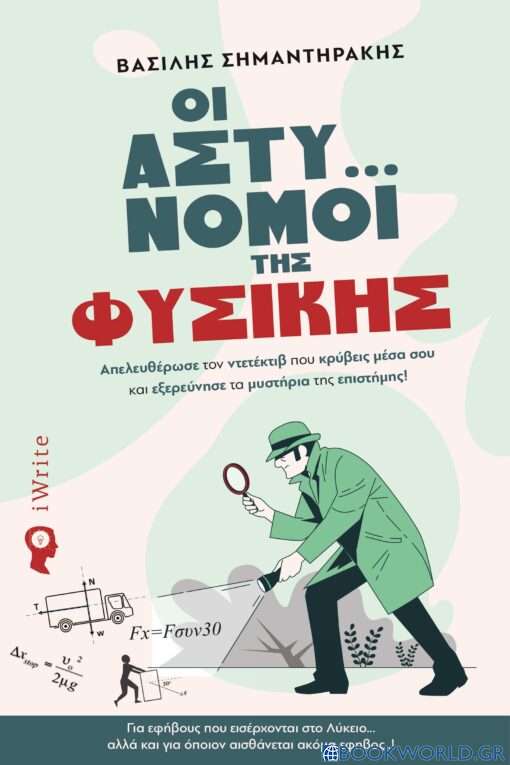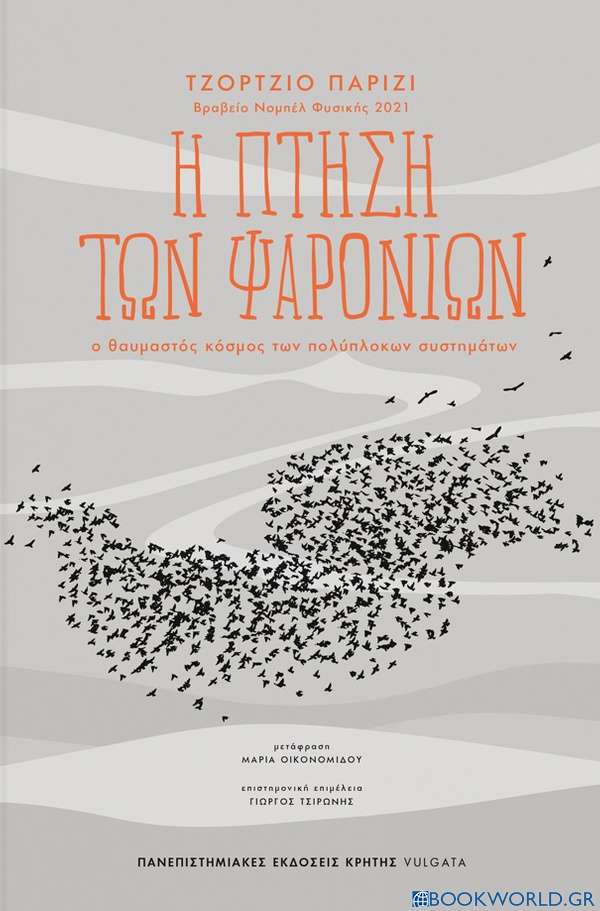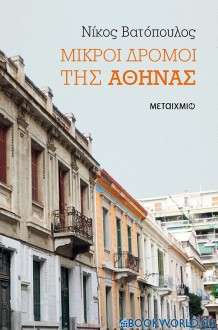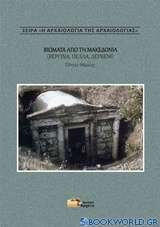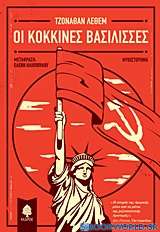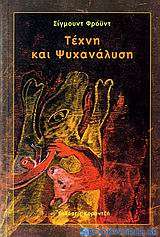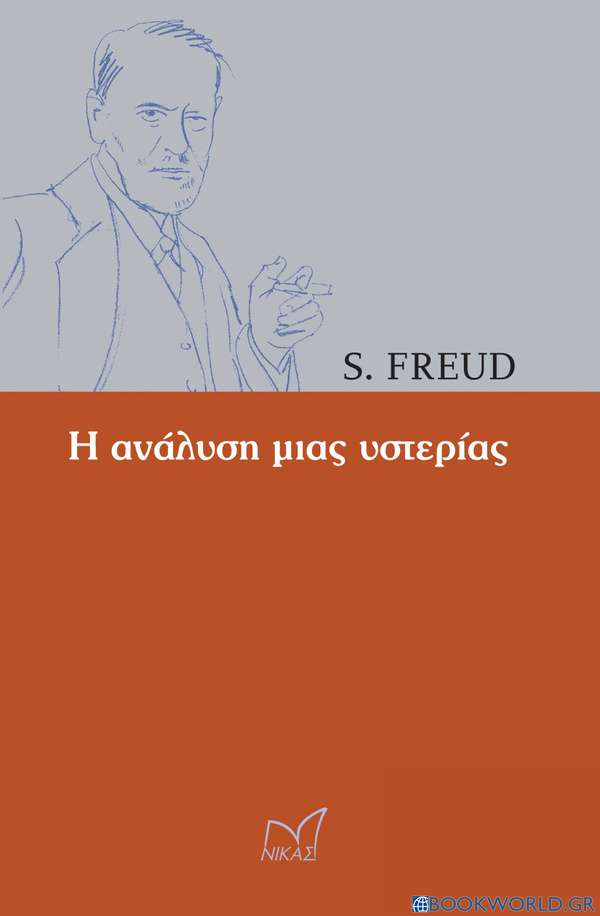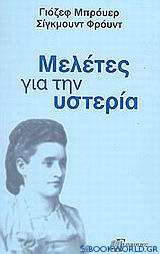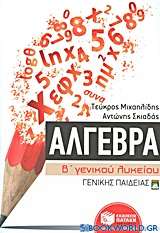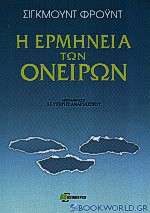The Future of Our Past
The scientist, to the extent he or she produces scientific work, constitutes a shaping factor of civilization, by exerting an influence, positive or negative, on the evolution of social structure. Because of this role, the scientist cannot hint or appeal to the neutrality of science, in order to stay out of the formation of the theological or social developments of the time.
Historians of science know very well that: the end of a major scientific revolution signals the beginning of major social and theological re-orientations.
The major scientific revolution that took place during the 20th century approaches its end, however it dogmatically remains out of the knowledge framework of the average citizen, as being dangerous for a social and a religious structure that do not persuade people anymore about their intentions.
Western civilization is under collapse. Theology and social structure must adapt and mutate, so that they will accept and handle the new scientific discoveries, which cannot remain at the margin anymore.
At the moment of the great civilization crisis, the scientist, as in other corresponding periods, has to dare to personalize the strong arm for the overcoming of the crisis, by expressing freely himself or herself at all levels, regardless of the social or professional cost, which sometimes can be unbearable.
| Τίτλος βιβλίου: | The Future of Our Past |
|---|
| Υπότιτλος βιβλίου: | Science and New Civilization |
|---|
| Τίτλος πρωτότυπου: | Το μέλλον του παρελθόντος μας |
|---|
| Εκδότης: | Δίαυλος |
|---|
| Συντελεστές βιβλίου: | Δανέζης Μάνος (Συγγραφέας)
Θεοδοσίου Στράτος (Συγγραφέας)
Μανιμάνης, Βασίλειος Ν. (Μεταφραστής)
|
|---|
| ISBN: | 9789605313364 | Εξώφυλλο βιβλίου: | Μαλακό |
|---|
| Στοιχεία έκδοσης: | Ιούνιος 2015 | Διαστάσεις: | 21x14 |
|---|
| Κατηγορίες: | Επιστήμες > Θετικές |
|---|

Βατόπουλος, Νίκος
Ο Νίκος Βατόπουλος γεννήθηκε το 1960 στην Αθήνα. Από το 1988 εργάζεται ως δημοσιογράφος στην εφημερίδα "Η Καθημερινή", στο πολιτιστικό ρεπορτάζ. Έχει ειδικευθεί σε θέματα αθηναϊκά και αστικού πολιτισμού. Το 2001 κυκλοφόρησε το βιβλίο του "Το πρόσωπο της Αθήνας". Το 2011 ίδρυσε τη διαδικτυακή ομάδα πολιτών "Κάθε Σάββατο στην Αθήνα" που αριθμεί πάνω από 23.000 μέλη. Το 2014 έκανε την πρώτη ατομική του έκθεση φωτογραφιών με θέμα "Η Αθήνα ενός αθηναιογράφου" (αίθουσα τέχνης "ena") και παρουσίασε ως προσωπικό πρότζεκτ την έκθεση "Η Αθήνα της δεκαετίας του 1960" στην Ελληνοαμερικανική Ένωση.
